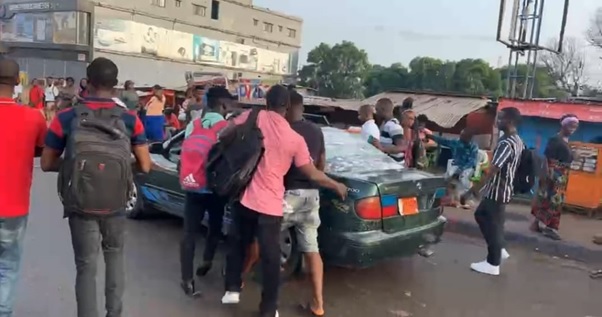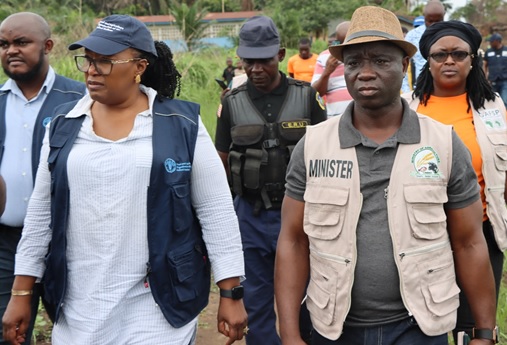In Liberia, May 20 marks the beginning of the second week of strict enforcement by the Liberia National Police, prohibiting motorcyclists from operating in certain zones. As a result, passengers are left scrambling to secure alternative transportation for work, school, or to reach their business centers in Montserrado County. However, amidst this inconvenience, concerns are mounting among Liberians regarding the adverse impact of the government’s restrictions on their daily activities. Many are urging the police to ease its enforcement measures.
The implementation of the motorcycle ban has significantly disrupted the usual flow of transportation in affected areas, leaving commuters stranded and struggling to find suitable alternatives. With motorcycles being a primary mode of transport for many Liberians due to their affordability and accessibility, the sudden restriction has created a sense of urgency and frustration among the populace.
For those reliant on motorcycles for their livelihoods, such as riders and drivers of ride-hailing services, the ban has dealt a severe blow to their income-generating activities. Moreover, students and workers who depend on motorcycles for timely transportation to their destinations are now faced with delays and challenges in reaching their respective destinations.
While the aim of the enforcement is to enhance security and curb criminal activities often associated with motorcycle riders, such as theft and robbery, the unintended consequences are evident in the daily struggles faced by ordinary citizens. The abruptness and severity of the restrictions have left many feeling marginalized and disadvantaged.
In response to these concerns, there is a growing call from Liberians for the police to reconsider and relax their enforcement measures. They argue that while ensuring public safety is paramount, the current approach has disproportionately impacted innocent civilians who rely on motorcycles for their daily commute.
As the enforcement of the motorcycle ban continues, it is imperative for authorities to strike a balance between security concerns and the socio-economic needs of the population. Collaborative efforts between law enforcement agencies, community leaders, and stakeholders are essential in devising effective strategies that address security challenges while minimizing disruptions to the daily lives of Liberians. Only through dialogue and cooperation can sustainable solutions be achieved, ensuring both security and the well-being of the citizenry.







